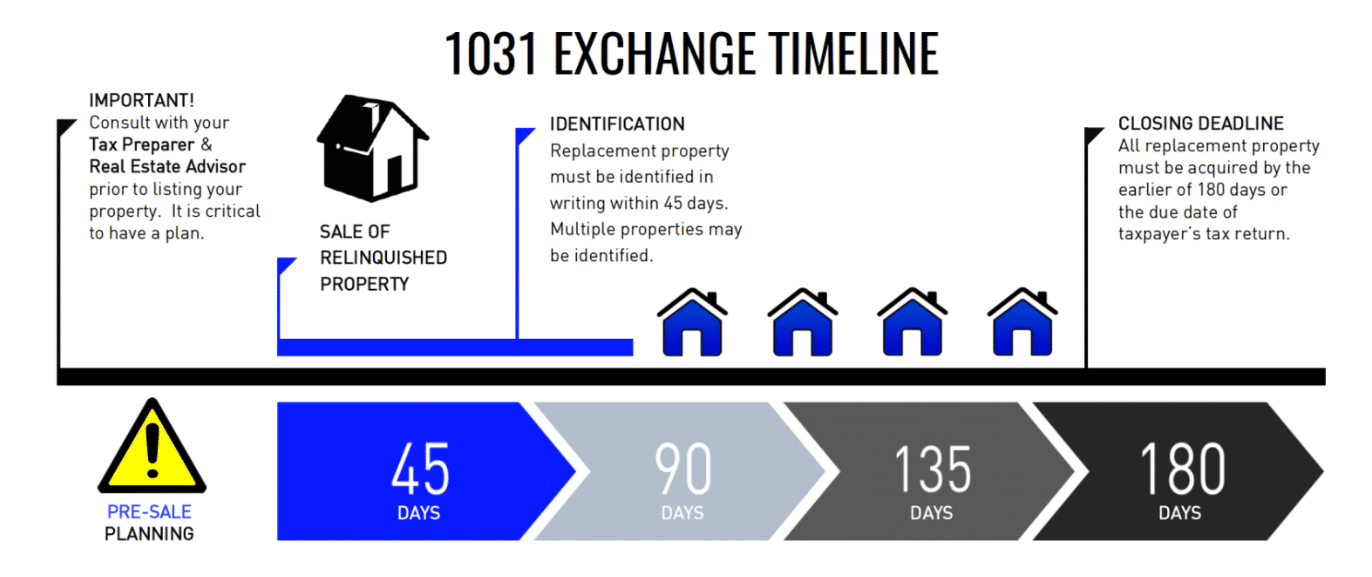Click photo to read all in EN/JPN:
A 1031 exchange, also known as a like-kind exchange, is a tax-deferred transaction allowed under Section 1031 of the Internal Revenue Code. It allows an investor to sell an investment property and reinvest the proceeds in a new “like-kind” property while deferring capital gains taxes.
Here are some key points about 1031 exchanges:
- Applies only to investment properties, not personal residences. Both the relinquished (sold) property and the replacement property must be held for investment or used in a trade or business.
- The properties must be “like-kind”, meaning they are of the same nature or character, though they don’t have to be exactly the same. For example, an apartment building can be exchanged for a strip mall.
- All equity from the sale must be reinvested in the new replacement property to fully defer the taxes.
- There are strict time limits – the replacement property must be identified within 45 days and the exchange completed within 180 days after the sale.
- The exchange is actually a transfer of ownership titles rather than the exchange of cash between the parties involved.
The main benefit is deferring capital gains taxes that would otherwise be due when selling an appreciated investment property outright. This allows investors to reinvest 100% of the proceeds into another property.
1031Exchangeと呼ばれるこの種類交換は、内国歳入法1031条で認められている延期課税取引です。投資用不動産を売却する時に、売却代金を新しい「同種」不動産に再投資することでキャピタルゲイン課税を延期することができます。
1031交換の主な点は以下の通りです:
1 投資用不動産に限られており、居住用不動産は対象外です。売却された不動産と交換後の不動産の両方が投資目的、または事業目的である事。
2 買い換える不動産は「同種」でなければならず、性質または特徴が同じであることが求められています。ですが、完全に一致する必要はありません。例えば、アパートのビルとストリップモールを交換する事はできます。
3 売却によって得た資金の全てを新しい不動産に再投資しなければ、完全な課税の延期はできません。
4 期限が厳しく設定されており、交換後の不動産は45日以内に特定し、売却後180日以内に交換を完了しなければいけません。
5 実際の交換は、当事者間での現金のやりとりではなくアドバイザーと共に進めて行くこととなります。
1031Exchangeの主な利点は、価格の上がった投資用不動産を売却した際に発生するキャピタルゲイン課税を延期できることです。売却代金の100%を新しい不動産に再投資できます。


Leave a Reply